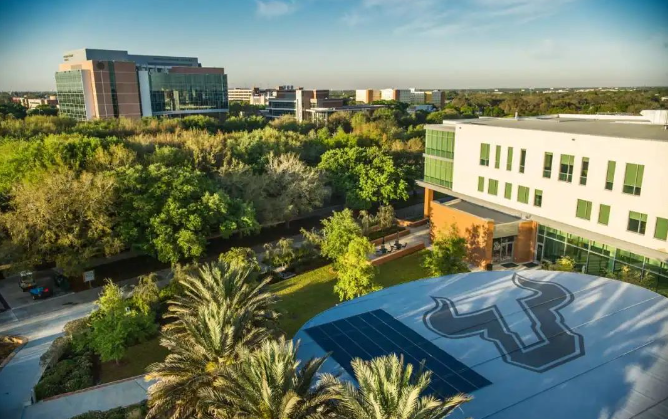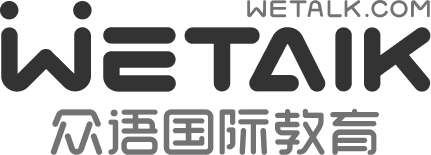The US 'Artificial Intelligence Landscape 2024' is released
In the U.S. National Artificial Intelligence Act, passed in 2020, artificial intelligence is defined as machine-based systems capable of targeting a range of goals set by humans, Make predictions, recommendations or decisions that have an impact on the real or virtual environment.

Recently, the Association for Information Technology in Higher Education released the 2024 AI Landscape Study, which focuses on the impact of artificial intelligence on higher education since the mainstreaming of generative AI tools.
01 Strategic Foresight: An inquiry into AI practice in higher education
Driven by the wave of digitalization, stakeholders in the field of higher education are actively exploring the diverse potential of artificial intelligence in education, teaching and workplace work, while remaining keenly alert to the challenges that this emerging technology may cause.

Despite the wave of generative AI voices in higher education conversations, the reality is that general-purpose AI tools have long taken root in research and teaching.
02 Core Discovery
Strategic Planning and Preparation
● The vast majority of US colleges and universities are researching strategies related to AI. Only 11% of the institutions surveyed said their institutions were not conducting research in this area.
● There is a widespread fear that American schools are falling behind The Times.
73% of the institutions surveyed see the increase in student use of AI as a driver of strategic planning, while 68% are concerned about the risks of improper use of AI.
● The main objective of AI strategic planning is closely related to student support. Preparing students for the future workplace, exploring new teaching methods and improving the quality of higher education were the top three goals chosen by 64%, 63% and 41% of the institutions surveyed, respectively.
In addition, 76 percent of the institutions surveyed said that their strategy emphasizes improving the educational experience and student services to some extent.
Institutions are advancing these strategic goals by providing training for faculty, staff and students (56%, 49% and 39%, respectively).

Strategic leadership and cooperation
Leadership is generally cautiously optimistic about AI. Fifty-two percent of senior respondents said their institutional leaders were cautiously enthusiastic about AI, while 29 percent felt leaders were optimistic.
More than half of the institutions surveyed (56%) said they have been given responsibilities related to AI strategy.
Most of the institutions surveyed believe that all functions are responsible for the relevant AI strategy at least to some extent.
More than half of the institutions surveyed (57%) said their institution either does not work with a third-party partner to develop an AI strategy or is not aware that such collaboration exists.

Policies and procedures
In education, the AI wave has touched every corner of policy and process, especially in the areas of teaching, technology, cybersecurity and data privacy, with 95 percent, 79 percent and 72 percent of institutions surveyed believing it has already had or will soon have a profound impact.
Academic integrity remains at the core of all considerations, with 78 percent of respondents confirming that AI poses a challenge.
Data governance practices have also become active in response to the AI trend, with nearly half of senior school leaders saying their organization is actively preparing data resources for the arrival of AI. Data privacy and security became central to the discussion, with concerns centered on data security, federal compliance, ethical data governance, local compliance, and data bias, with 82%, 74%, 56%, and 52% of privacy and security experts, respectively, citing these as their top concerns.
When it comes to AI policymaking, only 18 percent of respondents see their policies as restrictive, such as prohibiting students or teachers from using AI tools. This shows the open attitude and practical exploration of artificial intelligence in the higher education community.

The workforce in higher education and the future of artificial intelligence
In terms of workforce, while most faculty members have taken on AI-related job responsibilities, relatively few new positions have been created to accommodate AI or formal restructuring of existing positions so far, with only 11 to 14 percent of respondents aware of the change.
Stakeholders were more consistent on the appropriate use of AI in higher education, endorsing the role of AI in personalising student support, as a teaching, research or administrative assistant, conducting learning analytics and supporting digital literacy training.
Respondents also warned of potential risks in AI applications, such as the use of AI outputs without human oversight, failure to disclose or cite AI resources transparently, and inadequacies in data security and personal privacy protection.


